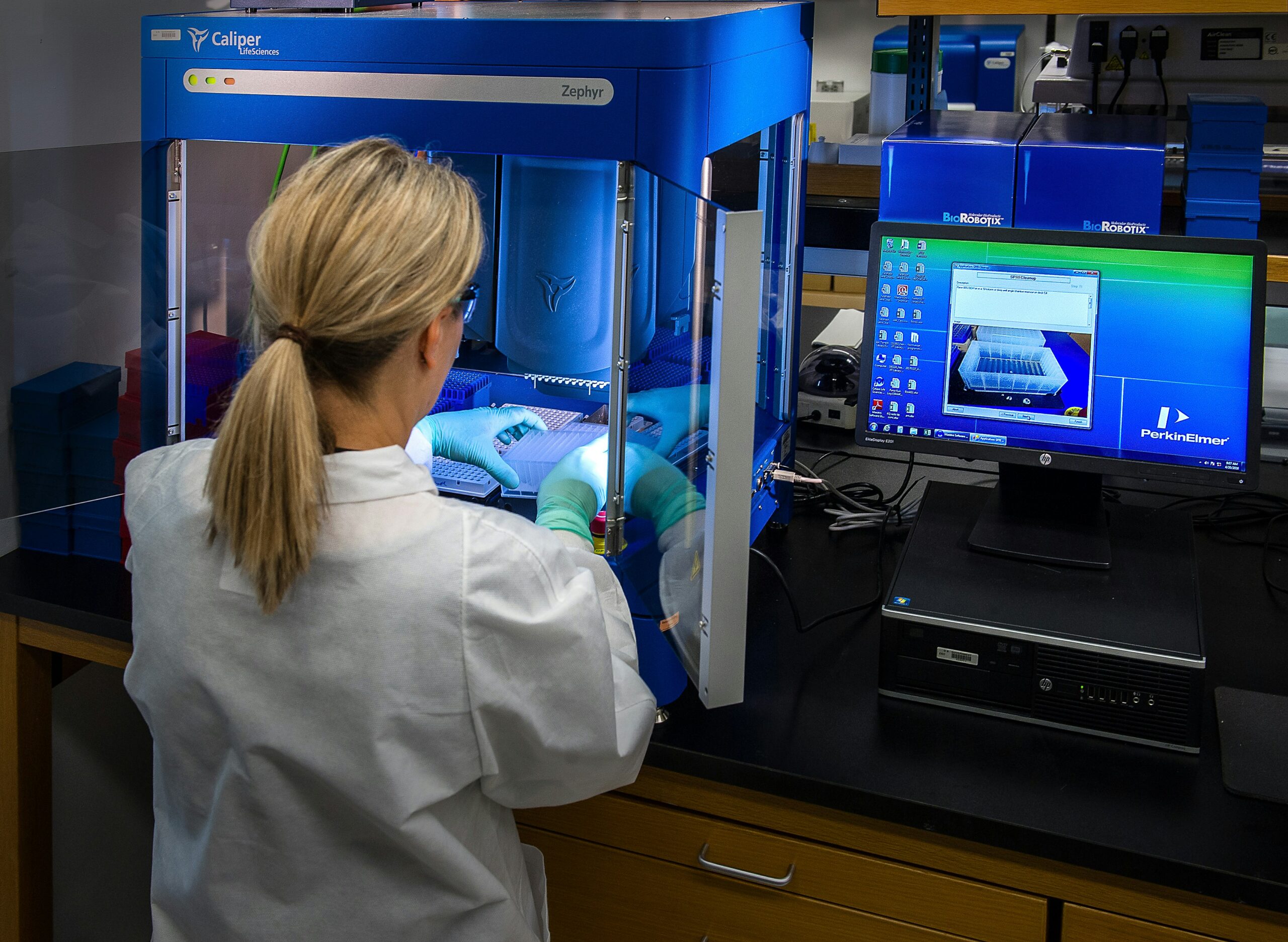
Health scientists dedicate their lives to research, innovation, and problem-solving in medicine, public health, and biotechnology. Their work often involves long hours, rigorous analysis, and the constant pursuit of breakthroughs. However, even the most dedicated professionals need an outlet to stay refreshed, inspired, and balanced. Engaging in hobbies can help health scientists maintain their well-being while fostering creativity and critical thinking. Here are some of the best hobbies that health scientists can explore to stay motivated and balanced in their personal and professional lives.
The Power of Creative Expression
Creative hobbies offer a unique way for health scientists to unwind from demanding routines. Painting, writing, and music allow individuals to express their thoughts and emotions in a different medium. Writing, whether poetry, storytelling, or personal journaling, helps process complex ideas and can relieve stress. Whether playing an instrument or simply listening to calming compositions, music enhances cognitive function and improves mood. Painting and other forms of visual art provide a therapeutic escape from analytical work, allowing for free expression without strict rules or guidelines.
Staying Active Through Physical Activities
Engaging in physical activities is essential for maintaining mental and physical health. Running, cycling, yoga, and swimming are excellent ways for health scientists to clear their minds and release tension. Exercise stimulates brain function, improving memory, focus, and mental clarity. Yoga and meditation, in particular, help reduce stress and improve mindfulness. Outdoor activities like hiking provide a chance to disconnect from technology and reconnect with nature, which can be especially beneficial for those working long hours in laboratory or office settings.
Exploring the Wonders of Nature
Spending time in nature can be incredibly refreshing for health scientists who spend much of their time indoors. Gardening is a rewarding hobby that allows individuals to connect with the environment and observe the beauty of plant growth and development. Birdwatching and nature photography provide a sense of adventure while encouraging patience and observation skills. These hobbies can also remind scientists of the intricate connections between science and nature, reinforcing their appreciation for the world they study.
Cooking and the Science of Food
Cooking can be an enjoyable and fulfilling hobby for those who love experimenting in the lab. Exploring new recipes and culinary techniques allows health scientists to apply their knowledge of chemistry and biology creatively and practically. Fermentation, baking, and molecular gastronomy offer opportunities to experiment with textures and flavors while understanding their scientific principles. Cooking is not just a necessity; it can be a meditative and rewarding experience that brings joy and relaxation after a long research and analysis.
Reading Beyond Scientific Journals
Health scientists often spend significant time reading research papers and academic literature. However, reading outside their field can offer a refreshing break and new perspectives. Fiction books escape different worlds, while biographies and history books provide insights into human experiences and achievements. Philosophical and self-improvement books can inspire fresh ideas and foster personal growth. Expanding reading habits beyond the scientific realm can encourage creativity and enhance cognitive flexibility.
Learning a New Skill or Language
Many health scientists embrace lifelong learning. Picking up a new skill or learning a new language can be stimulating and rewarding. Whether learning a musical instrument, mastering a new software program, or studying a foreign language, continuous learning keeps the mind sharp and adaptable. Language learning, in particular, broadens cultural awareness and enhances communication skills, which can benefit the increasingly global field of health sciences.
Volunteering and Giving Back
Many health scientists are passionate about making a difference beyond their professional roles. Volunteering provides an opportunity to contribute to the community in meaningful ways. Whether mentoring students, participating in health outreach programs, or working with non-profit organizations, giving back fosters a sense of fulfillment and purpose. It also allows scientists to connect with people from different backgrounds, gaining new perspectives and inspiration for their work.
Traveling for Broader Horizons
Traveling is an excellent way to gain fresh perspectives and experience different cultures. Exploring new places, cuisines, and traditions broadens understanding and fosters creativity. For health scientists, visiting other parts of the world can provide insight into global health challenges and inspire innovative solutions. Whether it’s a weekend getaway to a nearby city or an extended journey to a foreign country, travel offers a break from routine and the opportunity to recharge.
The Joy of Hands-On Crafts
Engaging in hands-on activities like woodworking, knitting, or pottery can be therapeutic. These hobbies allow scientists to work with their hands in a way that is different from their daily work. The process of creating something tangible provides a sense of accomplishment and satisfaction. Working with other materials and techniques also encourages patience and problem-solving skills, which can benefit personal and professional life.
Finding Balance Through Meditation and Mindfulness
The demands of scientific research can sometimes be overwhelming, leading to stress and burnout. Practicing mindfulness and meditation helps health scientists stay present and focused. Simple breathing exercises, guided meditation, or mindfulness walks can significantly reduce stress and improve overall well-being. By taking a few moments each day to reflect and reset, scientists can enhance their mental clarity and maintain a balanced approach to their work and personal life.
The Importance of a Well-Rounded Life
Health scientists dedicate themselves to improving lives through research and innovation. However, maintaining personal well-being is just as important as professional success. Engaging in hobbies provides relaxation and joy and enhances creativity, problem-solving skills, and overall mental health. Finding a balance between work and personal interests ensures a fulfilling and sustainable career. By exploring different hobbies, health scientists can stay inspired, motivated, and ready to tackle new challenges with a refreshed mind and renewed energy.